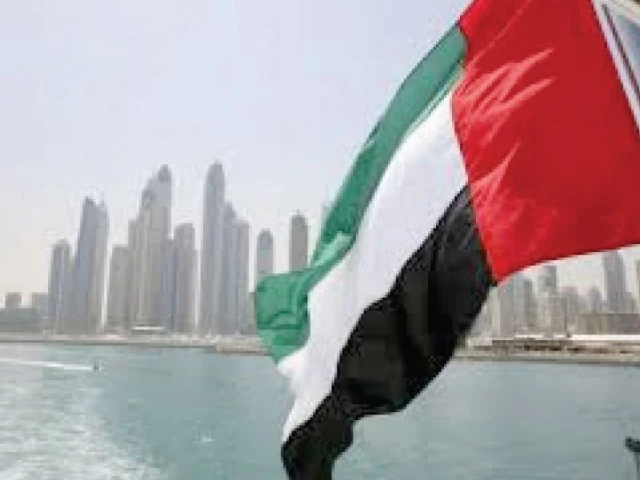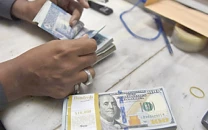$10b UAE trade attracts private sector
Imports rise while exports remain flat; energy collaboration offers new potential

Bilateral trade between Pakistan and the United Arab Emirates (UAE) has surged to $10.1 billion in FY25, according to the State Bank of Pakistan (SBP), marking a strong revival in economic ties between the two countries. This increase comes at a time when both sides are exploring new avenues of cooperation across trade, investment, energy, IT, and human resource development.
However, the trade balance between the two nations still favours the UAE. In FY25, Pakistan exported only $2.1 billion worth of goods, while imports from the UAE stood at nearly $8 billion. Compared to FY24, exports remained flat, but imports increased by $1.62 billion. Overall, bilateral trade rose by 20.24% in FY25 compared to the previous year.
The positive momentum in bilateral relations was further reflected in the successful holding of the 12th session of the Pakistan-UAE Joint Ministerial Commission in Islamabad. The session, convened after a gap of 13 years, included discussions on trade, investment, banking, energy, food security, manpower, aviation, and information technology. Experts say the revival of the commission indicates both countries' seriousness in boosting mutual cooperation, though additional steps are needed to further strengthen trade ties.
Dewan Fakhruddin, Chairman of the Pakistan-UAE Business Council at the Federation of Pakistan Chambers of Commerce & Industry (FPCCI), said that although the diplomatic agreement on visa exemptions for official and diplomatic passport holders is a positive step, the facility should also be extended to genuine investors, business leaders, and industrialists. This, he argued, would ensure the long-term strengthening of business-to-business and business-to-government ties.
Fakhruddin also noted that the UAE has emerged as a global leader in renewable and solar energy, and Pakistan could benefit greatly by learning from its technological advancements and infrastructure. With Pakistan facing an energy crisis and rising costs of imported fuels, adopting UAE-supported solar technologies could be transformative. "This would not only reduce Pakistan's dependence on fossil fuels but also attract green investment from Gulf countries," he said.
According to trade experts, the UAE is among Pakistan's top three global trading partners and is the second-largest source of remittances after Saudi Arabia. Remittance inflows from the UAE reached $7.83 billion in FY25. These funds play a vital role in keeping Pakistan's current account balanced and reducing pressure on foreign exchange reserves. Analysts say expanding bilateral trade and encouraging joint ventures in industrial sectors can help Pakistan lower its import bill and create employment opportunities.
Pakistan must also leverage the UAE's position as a regional logistics hub, said Faizan Majeed, a Lahore-based exporter and business consultant. "The UAE offers unmatched access to African, Middle Eastern, and European markets. Pakistan's exporters can use Dubai's ports and free zones to expand their footprint. But for that, we need business-friendly policies, less red tape, and greater ease of doing business," he said. Majeed further recommended that Pakistan establish dedicated trade facilitation centres for UAE-bound goods and investors.
Economists believe that Pakistan-UAE trade could easily double over the next five years if both countries work together to eliminate non-tariff barriers, harmonise customs procedures, and facilitate private sector partnerships. Pakistan's IT and fintech sectors are also increasingly attractive to Gulf investors due to their young talent and cost-effectiveness.
As both countries deepen diplomatic and economic engagement, it is essential that the private sector is provided with the right incentives, protections, and platforms to connect with counterparts. "Enhanced bilateral cooperation between Pakistan and the UAE could pave the way for long-term regional stability and economic growth. By increasing exports to the UAE, we can also tap into Saudi and broader Middle Eastern markets," Majeed added.






















COMMENTS
Comments are moderated and generally will be posted if they are on-topic and not abusive.
For more information, please see our Comments FAQ